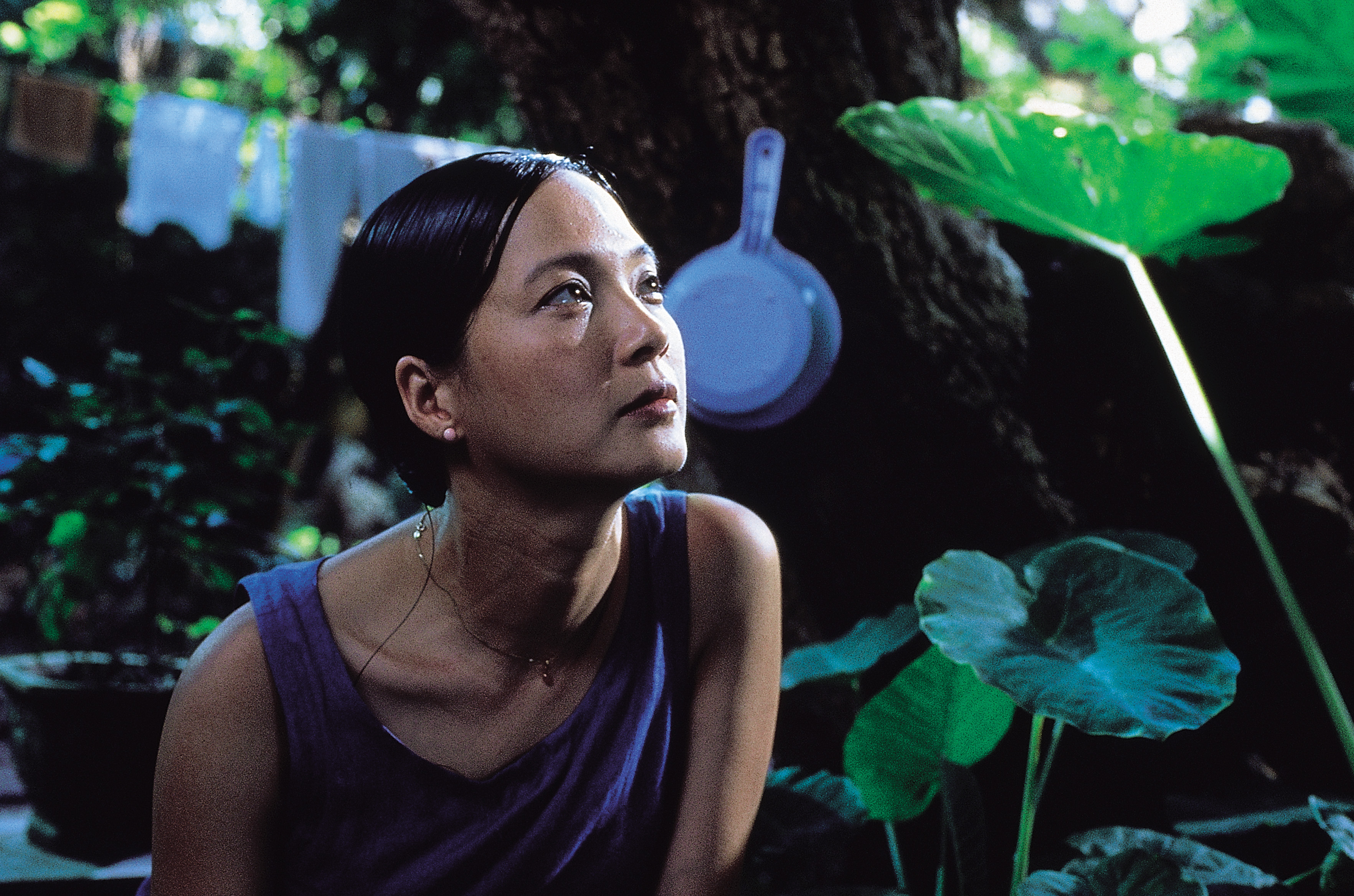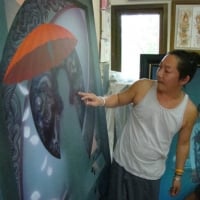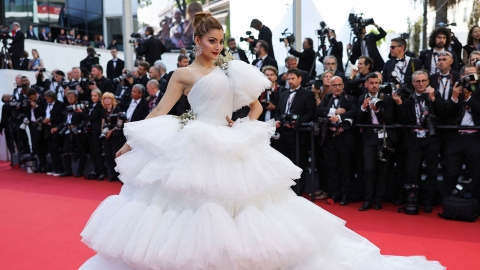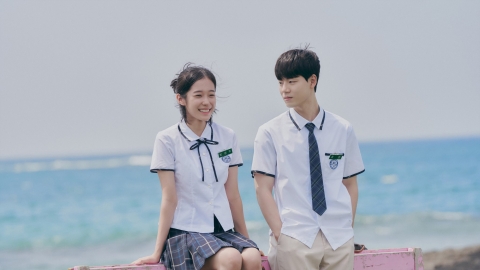What is Hanoi? What defines Hanoi? The search for a specific definition of Hanoi seems ever-present in any thought about this city, but it is precisely because of this that the possibilities of the capital city keep growing, becoming multifaceted lenses that enrich Hanoi. If a thousand people search for Hanoi, surely a thousand and one images of Hanoi will emerge. Tran Anh Hung is one of them; his Hanoi is the Hanoi of childhood memories, the Hanoi of days gone by, preserved through the film "Summer Afternoon."
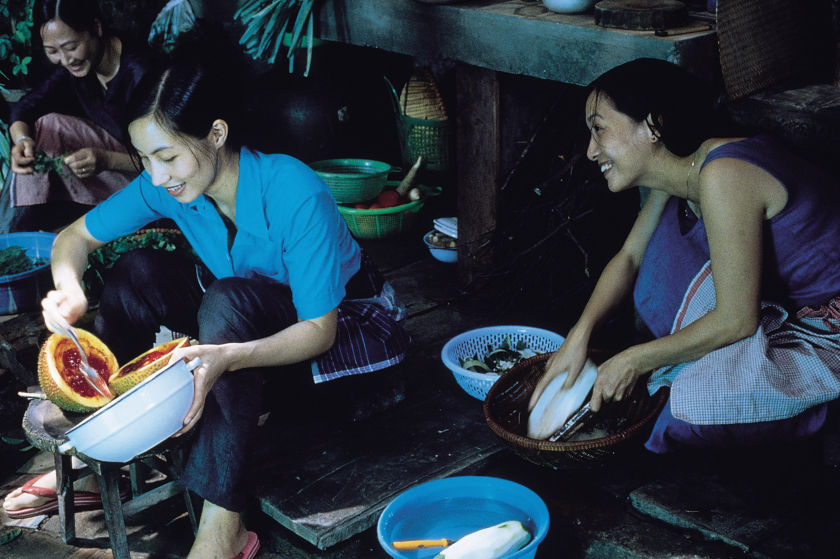
Tran Anh Hung's Hanoi is the Hanoi of childhood memories.
From Hanoi through the eyes of an expatriate.
Tran Anh Hung is a French-Vietnamese director who graduated from the prestigious École-Louis-Lumière film school in France. His films are characterized by a strong personal style and an aesthetic cinematic quality that powerfully engages the viewer's senses, while simultaneously focusing on contemporary Vietnamese life. Although Tran Anh Hung always grapples with and delves deeply into Vietnamese themes, the influence of French cinema and fragmented memories inadvertently imposes an outsider's perspective. An outsider's perspective is always attached to the image of Hanoi in "Summer Afternoon." From this, Tran Anh Hung chooses to decipher and portray Hanoi in his films by subtly evoking emotions in the viewer.
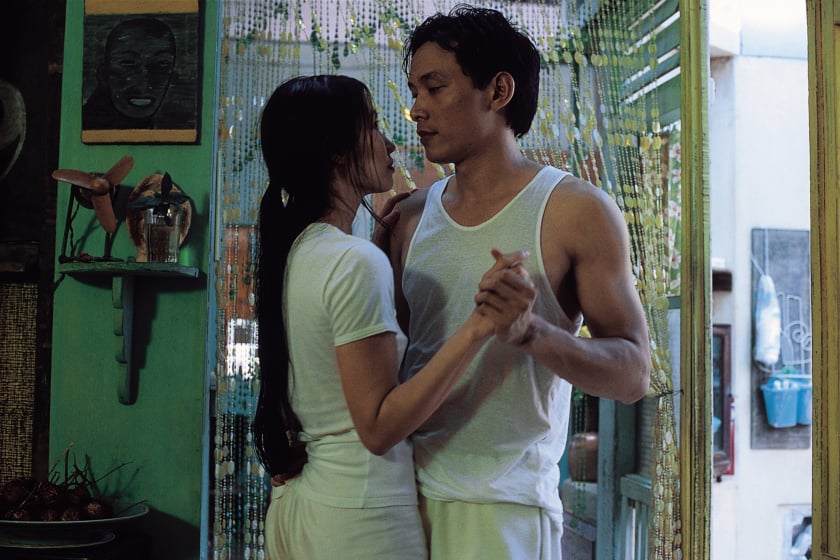
"The Vertical Summer" will always be a landmark in Vietnamese cinema.
Indeed, "Summer Afternoon" doesn't delve into the individual lives of its characters to push the film into a melodramatic style; instead, the stories are fleeting or brief, sometimes serving as a backdrop for evocative images of Hanoi. Unlike other Vietnamese filmmakers who place Hanoi either within the tragic memories of wars or as a negative representation of urban life and modernity, Tran Anh Hung chooses to portray Hanoi from the light of a bygone era, drawing viewers into an imaginary space through the experience of all their senses.
In that space, Hanoi emerges with its aesthetic beauty through meticulously crafted frames, precise camera angles, and vibrant colors seen through the lens of Tran Anh Hung's memory. Hanoi is the refreshing green of tree canopies and young lotus buds, the fiery red of passion, and also returns to the melancholic blue of the sea when secrets are illuminated by the summer light. Perhaps Tran Anh Hung looked back at old memories of Hanoi with a perspective of affection and strong emotions, which is why his recreation of this image also possesses a highly aesthetic quality.
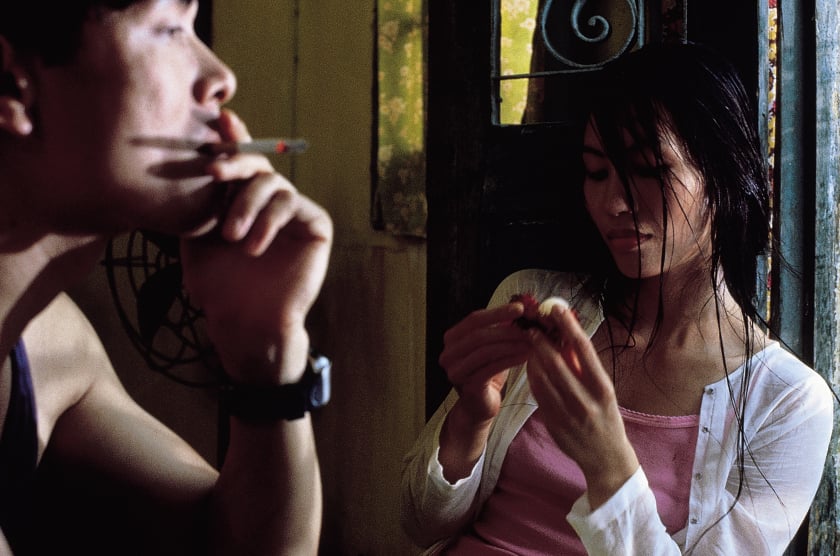
Hanoi, as seen through Tran Anh Hung's eyes, is filled with a spectrum of sensory experiences.
The tranquil atmosphere of Hanoi, seen through the eyes of an expatriate, is filled with layers of interwoven sounds between nature and humanity—like the sound of a summer rain shower, the chirping of crickets at night, or the conversations at a memorial service, all pieced together on a slow rhythm from the old songs of Trinh Cong Son. Tran Anh Hung's Hanoi is also the Hanoi of touches, of the sensation of skin. The summer sun leaves a sticky feeling on people's skin, but we don't feel uncomfortable; we happily wipe away the sweat to continue enjoying the summer.
Tran Anh Hung takes viewers on a journey to an imaginary Hanoi. Drawing on memories of Hanoi seen through the eyes of someone who has left the city, he subtly hints at a vibrant Hanoi, simultaneously guiding our emotions with poetic imagery.
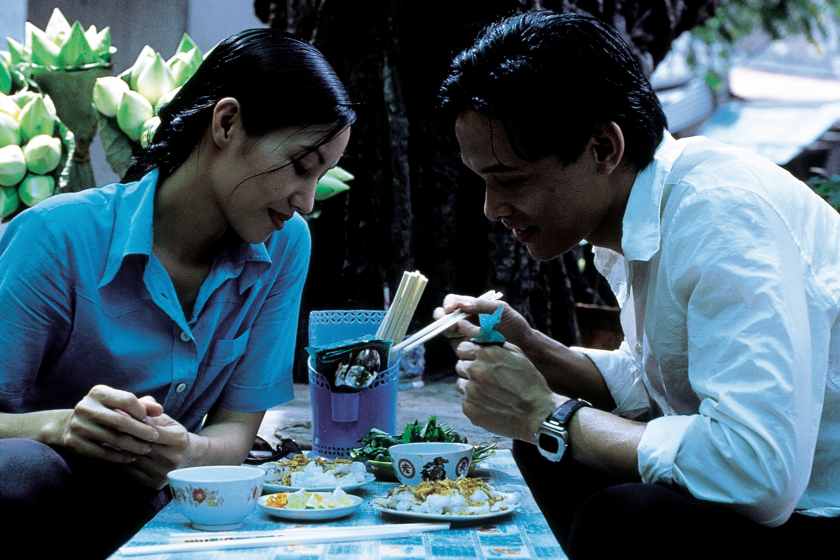
Tran Anh Hung has taken viewers on a journey to an imaginary Hanoi.
Visiting a Hanoi of days gone by.
After satisfying all the senses with an imagined Hanoi, viewers vaguely sense a feeling of nostalgia and wistfulness, as if reminiscing about a bygone era. The way the room of the two brothers, Lien and Hai, is depicted in the film immediately evokes images of Hanoi's old apartment complexes, a cultural aspect of Hanoi's community that is gradually fading away. Today, high-rise apartment buildings spring up at a dizzying pace, leaving the old complexes standing isolated and alone amidst the modern city. Besides the image of the old apartment complexes as a symbol of Hanoi, Tran Anh Hung also recreates ancient houses with moss-covered walls, green wooden doors, and brown tiled roofs, as if stepping out of a painting by Bui Xuan Phai.
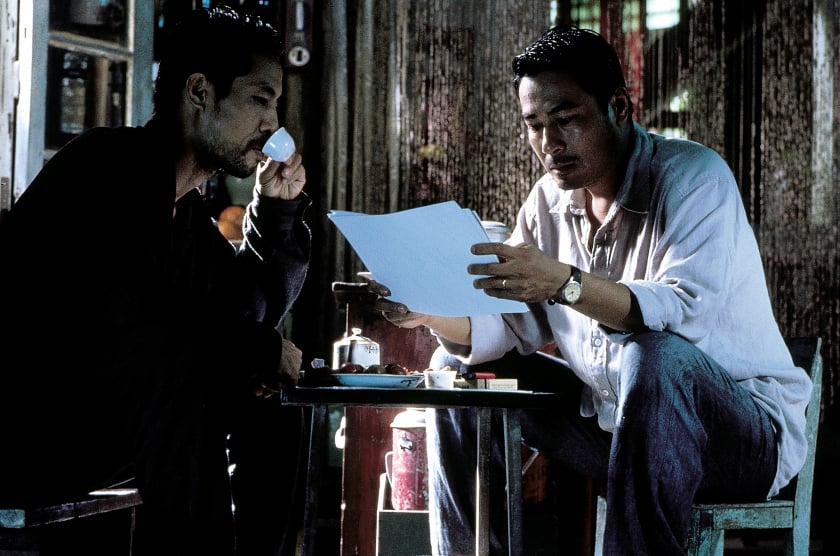
From the cafe in the vertical summer afternoon…
The Sương sisters' family home sits amidst the old streets, overlooking the glimpses of young women in traditional ao dai dresses appearing by the windows and the slow turning of bicycle wheels. These images are deeply etched in the memories of the locals, evoking the image of Hanoi's streets from a bygone era. The shops and restaurants in the film "Summer Afternoon" all retain an old-fashioned charm, with small wooden tables and chairs and a few simple dishes. They remind people of Giang Cafe and Lam Cafe, still struggling to survive amidst the proliferation of modern restaurants and cafes in the heart of Hanoi.
Even though the traces of a bygone era of Hanoi are increasingly fading away, giving way to modernity, the memories of those old days are preserved by the nostalgic people of this place and by the viewers themselves, giving Hanoi the poetic breath of time.
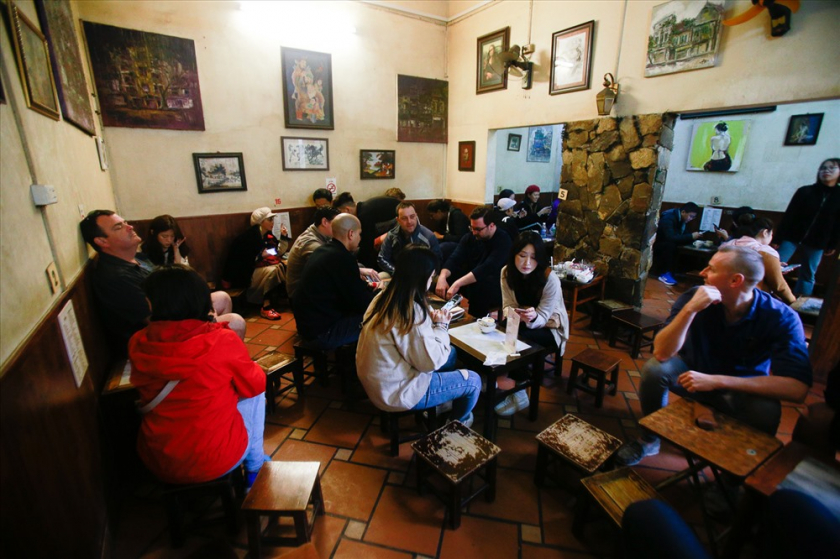
Every place that comes to Giang Coffee has a nostalgic, simple charm, like something out of the memories of the people of Thang An (Hanoi).
Despite its meticulous and polished visuals, *The Vertical Summer* suffers from regrettable shortcomings in dialogue and acting, particularly in the role of the youngest sister played by Tran Nu Yen Khe. Many viewers felt that the characters' dialogue wasn't truly relatable to real life, making it difficult for some to appreciate the film's merits. However, overall, Tran Anh Hung successfully deciphered and portrayed a Hanoi that is poetic and emotionally rich, yet retains its subtle and discreet nuances.
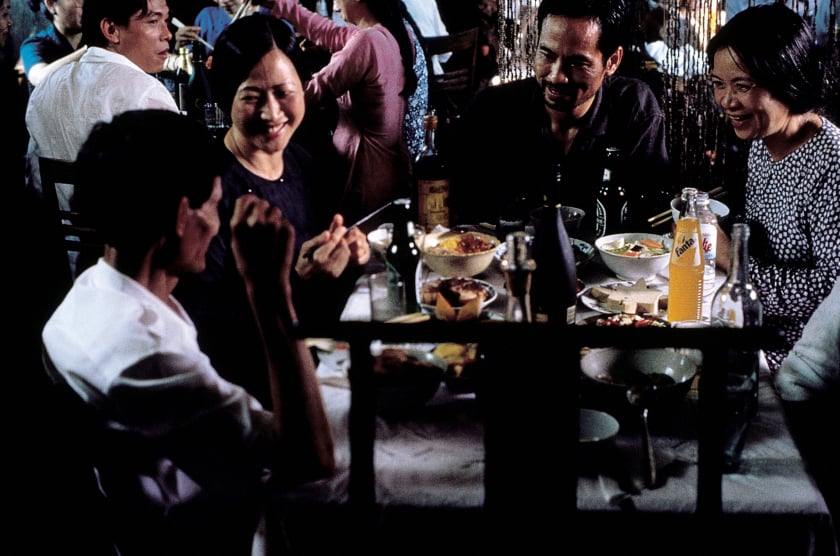

 VI
VI EN
EN



